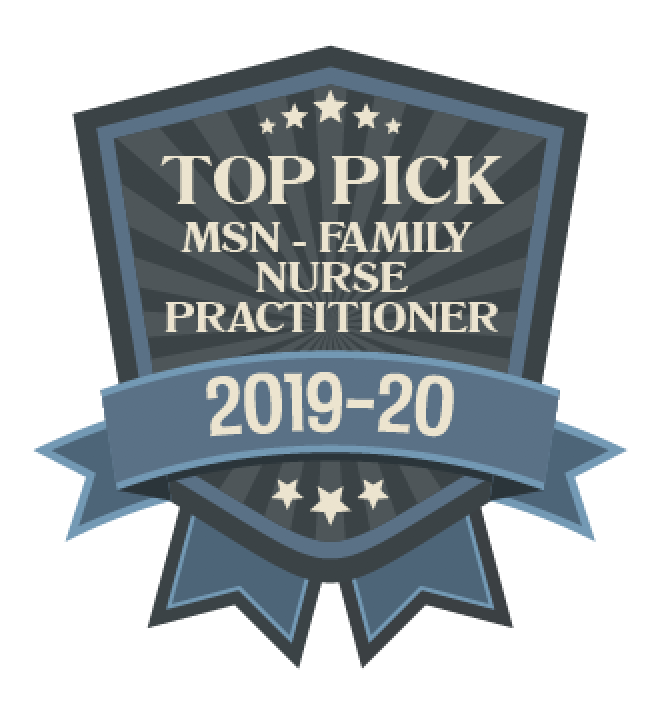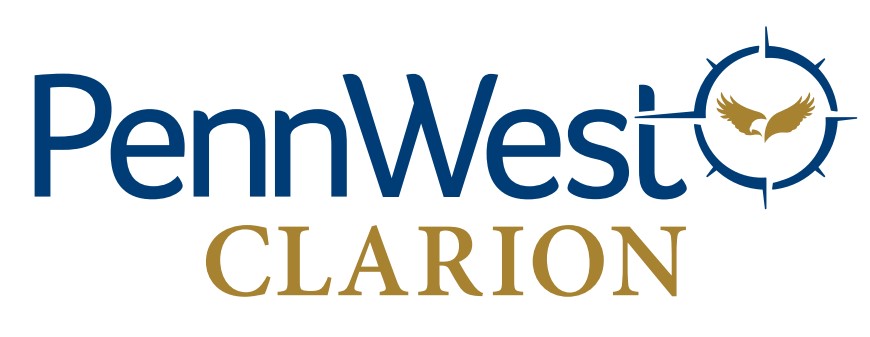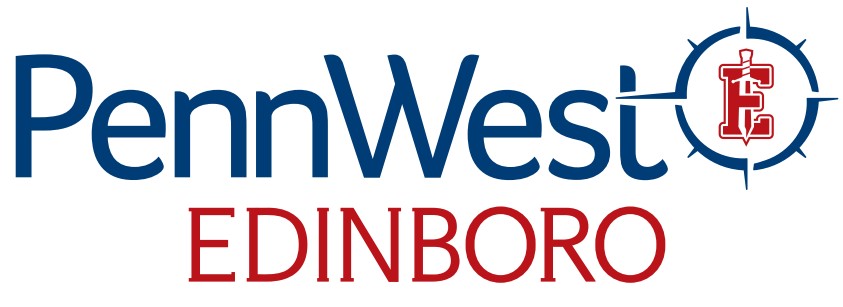 Master of science in Nursing (MSN-FNP)
Master of science in Nursing (MSN-FNP)
The PennWest Clarion and Edinboro's Master of Science in Nursing- Family Nurse Practitioner Program (MSN-FNP) improves access to care in Western Pennsylvania's rural and urban underserved areas by educating nurses to provide family-focused primary health care in those communities. Non-clinical courses are provided online to increase remote students' access to NP education.
Why choose the PennWest Clarion and Edinboro MSN-FNP?
U.S. News and World Report has ranked PennWest Clarion and Edinboro's online Master of Science in Nursing program at No. 35 for 2019. The ranking is based on factors such as graduation rates, academic and career support services offered to students and admissions selectivity. Clarion and Edinboro have offered the MSN degree in a regional consortium since 2001. The MSN program has made the top ranking list for the past six years.

Post-Master's Certificate Programs
If you already hold a master's degree in nursing, options include a Post-Master's Certificate as a Family Nurse Practitioner, or a second master's degree in the FNP concentration.
Students who successfully complete the MSN-FNP or Post-Master's FNP Certificate Program meet eligibility requirements to sit for the FNP national certification exams administered through the American Academy of Nurse Practitioners Certification Program (AANPCP) and the American Nurses Credentialing Center (ANCC).
Apply
MSN Questions?
Elizabeth Farbotnik, FNP-BC
Graduate Coordinator
+1 814 732 1135Heather Whitney
Clerical Support
+1 814 732 1727
MSN Application Procedures & Materials
MSN FAQ
MSN Student Handbook
MSN Program Information Sheet
Program Outcomes
Click here to determine if the Department of Nursing is authorized to enroll online MSN-DNP from your state.
Note: Students who are not enrolled in the program but take individual classes that are included in the curriculum are subject to course surcharges.



Our Doctor of Nursing Practice is accredited by Commission on Collegiate Nursing Education (CCNE). CCNE ensures the quality and integrity of baccalaureate, graduate and residency programs in nursing.
PennWest University, including Clarion, California, and Edinboro campuses, will be submitting a self-study and hosting a site visit for our accrediting body, CCNE. The site visit will be on March 29-31, 2023. This serves as formal notification of the upcoming visit and provides an opportunity for third-party comments concerning the program’s qualifications for accreditation.
Written third-party comments regarding programs must be received by CCNE by no later than 21 days prior (March 1, 2023) to the first day of the scheduled on-site evaluation. Only signed comments are accepted by CCNE. CCNE shares third-party comments with members of the evaluation team prior to the visit, but at no time during the review process are these comments shared with the program. During its review of the program, the evaluation team considers third-party comments that relate to the accreditation standards. All third-party comments submitted to CCNE must be written in English, consistent with CCNE's policy on Conduct of Business in English.
If you would like to submit a third-party comment for a program currently under review, please submit to thirdpartycomments@ccneaccreditation.org.
Or, if you prefer, mail comments to:
Commission on Collegiate Nursing Education
Attn: Third-Party Comments
655 K Street, NW, Suite 750
Washington, DC 20001

The Master of Science nursing program at PennWest Clarion and Edinboro MSN Consortium at the Clarion and Edinboro Campuses located in Clarion and Edinboro Pennsylvania is accredited by the:
Accreditation Commission for Education in Nursing (ACEN)
3390 Peachtree Road NE,
Suite 1400 Atlanta, GA 30326
(404) 975-5000
The most recent accreditation decision made by the ACEN Board of Commissioners for the Master of Science nursing program is Continuing Accreditation.
View the public information disclosed by ACEN regarding this program at the ACEN website.
MISSION
Congruent with the missions of the Pennsylvania State System of Higher Education, PennWest Clarion, and PennWest Edinboro, the mission of the MSN Program is to provide an affordable, accessible, quality graduate education in nursing which prepares graduates as advanced practice nurses
VISION
The vision of the MSN Program is that students and faculty will be responsive to the needs of a dynamic health care system as they contribute to the welfare of the region, state, and global community through scholarly activities and advanced nursing practice. The PennWest Clarion and Edinboro MSN Program will provide the foundation for a life-long process of personal and professional growth as well as for post-graduate education.”4.
CORE VALUES
- Integrity
- Professionalism
- Excellence
- Leadership
- Social justice
- Self-mastery
END OF PROGRAM STUDENT LEARNING OUTCOMES
The terminal learning outcomes for the PennWest Clarion and Edinboro MSN- FNP and Post Master’s FNP program are to prepare advanced practice nurses to
- Synthesize established and evolving knowledge from nursing, the sciences, and humanities into advanced practice nursing.
- Incorporate professional/legal standards and moral/ethical values into a culturally sensitive practice.
- Provide advanced nursing practice that reflects critical thinking and effective interpersonal and communication skills
- Appraise and assimilate theory and scientific evidence to investigate and evaluate practice-based issues.
-
Demonstrate awareness and responsiveness to systems-based practice through advocacy, collaboration, and effective use of resources.
